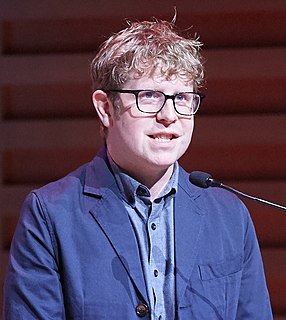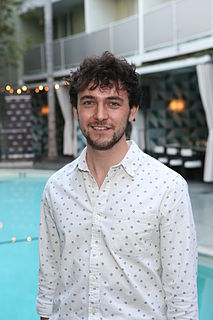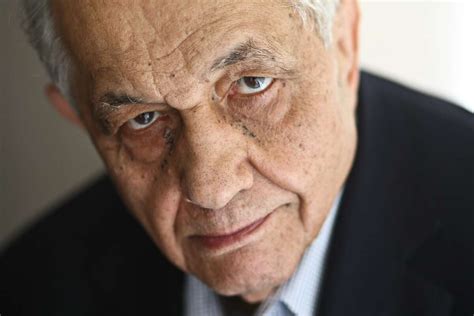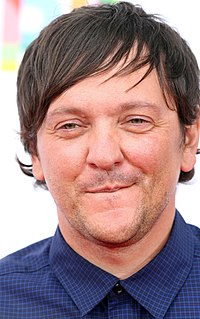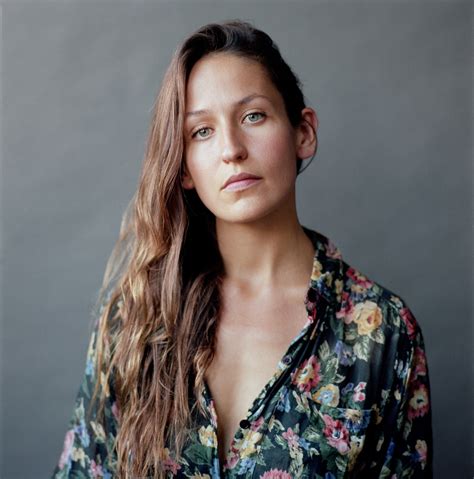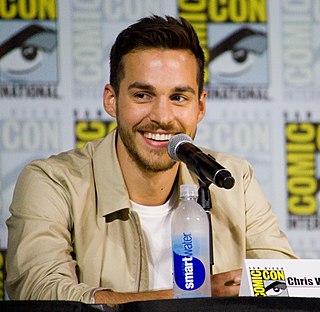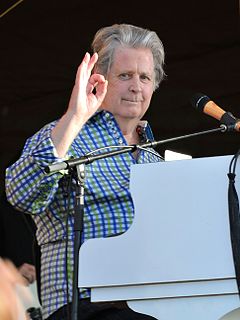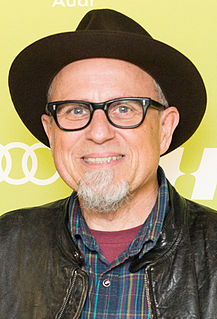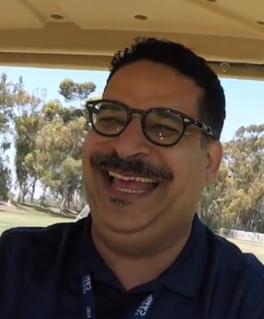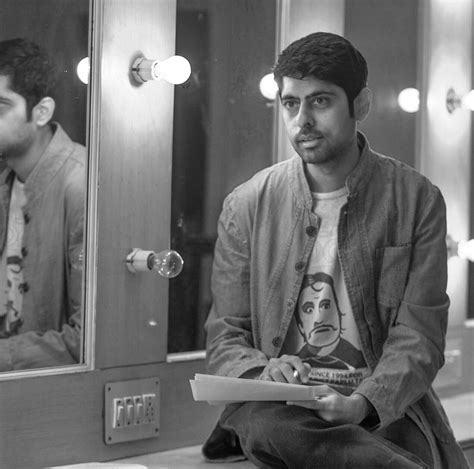A Quote by Tim Minchin
You do get a bit paranoid that you're becoming a sort of narcissist, an artistic solipsist when you're doing stand-up.
Related Quotes
I started doing comedy just as myself, because I thought, "This is what's expected, you're meant to tell stories and do observations." And then I started to realize that I wanted to mix it up a bit, so I started to doing songs, and I had a little keyboard onstage and would bring in little props. Then I thought about the idea of talking about a character and becoming the character onstage. So, it sort of morphed into being stand-up that was more character based, and I found that's the stuff I got the better reaction from and was more exciting for me.
Being a full-time musician back before I had my son, it was sort of too much 'me' all the time. I felt like a bit of a narcissist, always doing just my art - even though I feel like artists are doing a service as well. I needed something a little more literal, instead of writing music and hoping people enjoyed it.
I knew I wanted to be in comedy but the path of least resistance was doing stand-up in folk music clubs where I could get on stage. I guess you could get up no matter how bad you were and you didn't have to audition. You just got up. Everything else required an audition and if you auditioned for a TV show, you would stand in line with a hundred other people. But at the clubs, it was okay just to get up, so that's why I started in stand-up.
If [Sean] doesn't see me a few days or if I'm really, really busy, and I just sort of get a glimpse of him, or if I'm feeling depressed without him even seeing me, he sort of picks up on it. And he starts getting that way. So I can no longer afford to have artistic depressions. If I start wallowing in a depression, he'll start coming down with stuff, so I'm sort of obligated to keep up. And sometimes I can't, because something will make me depressed and sure as hell he'll get a cold or trap his finger in a door or something, and so now I have sort of more reason to stay healthy or bright.
I've often made revisions at that stage that turned out to be mistakes because I wasn't really in the rhythm of the story anymore. I see a little bit of writing that doesn't seem to be doing as much work as it should be doing, and right at the end, I will sort of rev it up. But when I finally read the story again, it seems a bit obtrusive.

